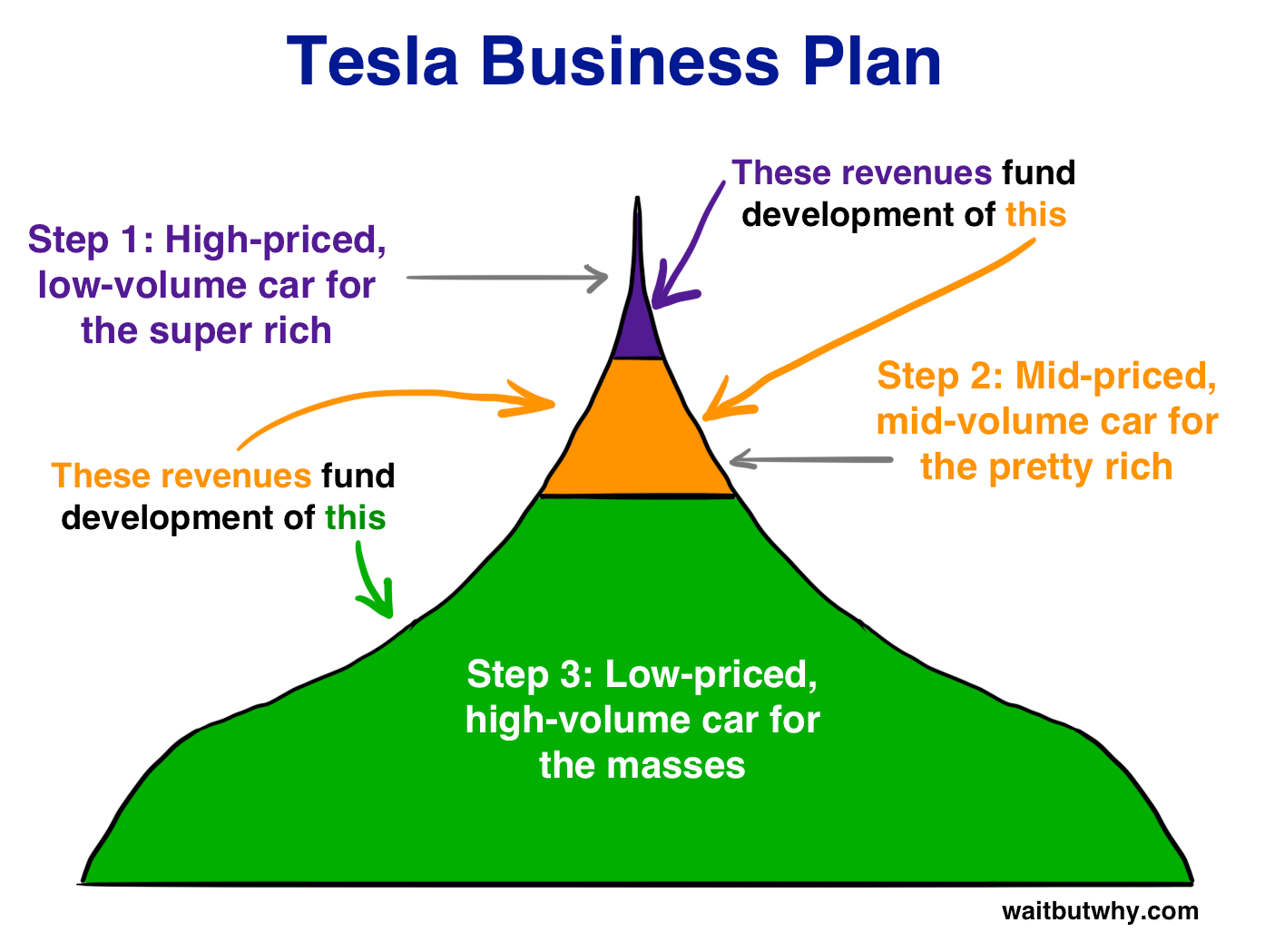Investment Memo: Levels Health
Glucose monitoring is on its way to the mainstream as biometrics continues to have its day
Imagine knowing the exact impact every meal you eat has on your body, backed by data. Now compound that with tracking how your exercise habits influence your body’s recovery. Levels wants you to have that clarity. Levels is a company offering a glucose monitoring patch that gives you real-time biometrics on how your body reacts to food and exercise (I mentioned them in my post Fully Connected). The company wants to bring visibility into our metabolic consumption. Our metabolisms “regulate sleep, appetite, weight, and energy levels”, and maximizing metabolic health can lead to longer and healthier lives.
(Levels imagery)
Levels is approaching a glucose-measuring device market full of incumbents who have yet to push the technology forward. During his interview on the Acquired podcast, Josh Clemente gave a concise summary of his “competition”. Abbott created the Freestyle Libre, which is great for time-specific glucose monitoring, and Dexcom created] a continuous glucose monitoring device that costs $1000. While Dexcom offers a lot of great features, its potential audience is limited to primarily diabetic patients who have the cash. The Dexcom GC6 only measures type 1 diabetes, which is the acute version requiring relatively intense scrutinization and treatment. Type 2 diabetes, the [much more common type](https://www.healthline.com/health/difference-between-type-1-and-type-2-diabetes#prevalence) , consists of 95% of the 1 in 10 people in the US who have diabetes. Type 2 is caused by your body building up a resistance to self-produced insulin or the pancreas being unable to keep up with your body’s demand for insulin. While a grim view, that’s also an enormous market size (~32M users in just the US) and excellent margins for the Levels’ product over time.
The biggest problem with both Abbott and Dexcom, however, is that they fit the classic healthcare mold of prioritizing the average person, not the individual. They give a broad, directional arrow, which can be helpful but doesn’t make the user feel as though they’re getting needs met precisely. Levels is changing that by giving its users the exact, real-time information of their consumption and activity. The friction of seeing what you do, at the time of doing it, had previously been limited to devices like Fitbits, Apple Watches, and other hardware devices that most often sit on the wrist. But that only accounted for physical activity. With Levels, there’s less of a need for a MyFitnessPal and similar food/drink logging apps, which aren’t specific or intricate enough for accuracy. High friction products like MyFitnessPal also tend to have a low retention rate.
Even with products like Dexcom’s and Abbott’s, the data provided isn’t actionable. It’s a snapshot in time. The only way to have consistent, real-time data with them is to pricking your finger every few hours for a blood read. As Josh pointed out on the podcast, it’s similar to referencing a singular blood-draw at your annual check up for all of your actions until the follow up. In 2021, consumers live in real-time and want to get results and feedback ASAP. If wait times are too long, churn and frustration starts, which then drive low NPS scores.
(Lululemon, Peloton, Levels, bougie NYC apartment and haircut guy)
Levels’ business model flips traditional healthcare models on their heads, and that’s why it’s going to take off. They are approaching growth due to a core part of my investment thesis, the John Mayer Framework, and in a way it’s already proven successful. Levels’ current offerings, the patch and app that come with it, come out to ~$400. That’s not cheap, but it is cheaper than standard glucose monitoring devices, and it has already attracted a waitlist over 100,000 people strong. As they figure out the more difficult part of the business, hardware, the demand will help the company scale progressively. As more and more upgrades happen and the waitlist opens up for more customers, economies of scale will propel development of better tech, research, and content. The cash flow from the new customers will drive down production costs, which will lead to cheaper and cheaper devices. Savings from the hardware can be reinvested into the software, and continue cyclically.
But here’s the kicker. As that real-time data becomes more accessible and compounds with other devices, both the user and the physician or provider get a vividly clear picture of the user’s health and tendencies. Coming full circle, this is the individualized data view we are working towards, with biometric data populating day by day, as long as the patch is worn. As Josh alludes to in the podcast, retention will start high and stay high thanks to switching costs. Demand is already surging, and the product’s distribution is limited to health and tech Twitter, from this author’s purview. But what will really drive the demand and retention is the general distrust of incumbent providers’ offerings. Not only does that force medical/insurance providers into succumbing to paying Levels or the users for their personal data, it creates a durable moat as long as Levels can acquire more and more customers. Especially those who aren’t impacted by diabetes. Like I pointed out in the John Mayer Framework and is mentioned on the Acquired podcast, it’s a semi-similar approach to Tesla’s.
The team helming Levels can put that together if they execute properly. Josh’s background ranges from SpaceX to Crossfit, and his team consists of other founders, a Stanford trained MD, a high ranking Google PM and engineer, as well as a board of high-caliber medical professionals and executives. The teams currently backing Levels include a16z, Founder Collective, and Shrug Capital, to name a few. Levels is a favorite in my fantasy portfolio.
—
Sometimes I’ll be a day late to post now and again - had a busy week at work launching a new product. Hope to be back on track for a regular Thursday delivery next week!







